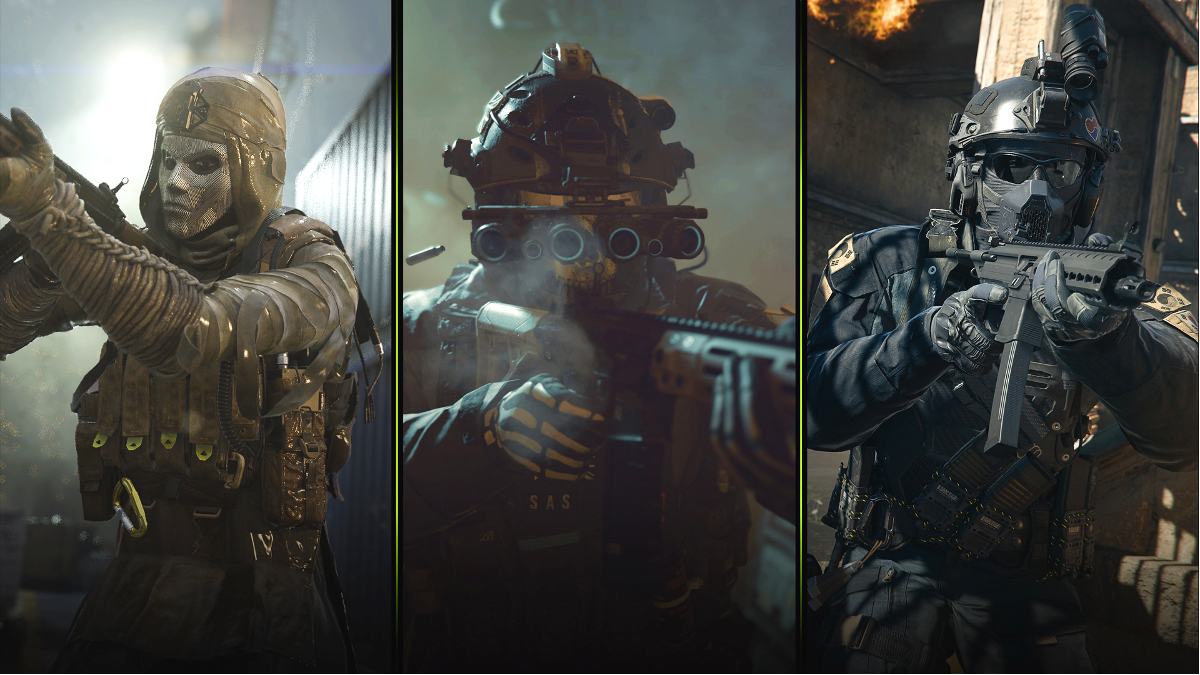Activision has filed a complaint in the District Court of California against German software company EngineOwning, citing EngineOwning’s “trafficking in circumvention devices”, “intentional interference with contractual relations”, and “unfair competition”, all of which are fancy legal ways of saying “cheating.”
The complaint accuses EngineOwning of “unlawful conduct” and describes EngineOwnings products as “malicious software.” EngineOwnings activities, says the filing, “damage Activision’s games, its overall business, and the experience of the COD player community.” EngineOwning sells cheat packages for no fewer than seven Call Of Duty titles and is accused in the complaint of developing similar cheat packages for Overwatch.
Related: How to report a player in Apex Legends Arenas mode
Other major multiplayer titles catered to by EngineOwning packages include Halo Infinite, Splitgate, Titanfall 2, Star Wars Battlefront II, and various Battlefield games, so it’ll be worth watching to see if this lawsuit prompts Microsoft and EA to file their own complaints or even join forces with Activision to stomp EngineOwning out of existence.
EngineOwning has yet to respond to the complaint, although some cheating Call Of Duty: Warzone players have been responding to the launch last month of Activision’s RICOCHET anti-cheat software by changing their usernames to things like “YesImHacking,” leaving honest, rule-abiding players furious that the anti-cheat system doesn’t seem able to keep up. This could certainly explain Activision’s decision to take the matter to court.









Published: Jan 5, 2022 06:27 am